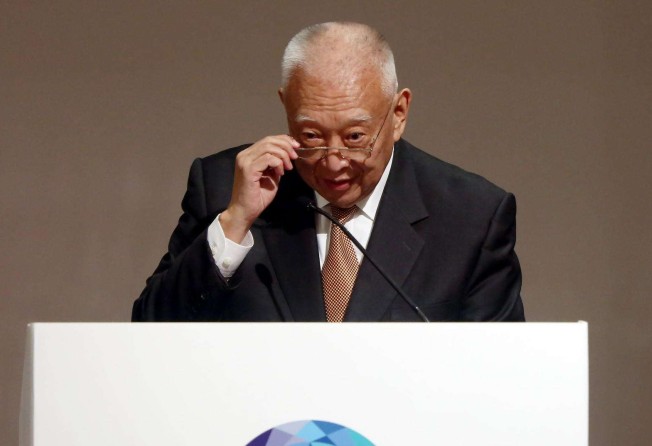If the system is broken, fix it
Executive-led governance in Hong Kong is weak and the city’s first post-handover leader, Tung Chee-hwa, has provided a good basis to explore the way forward

Hong Kong’s governance structure is so dysfunctional that it seems almost impossible for the government to operate. While much has been said about the need for a revamp, no one has taken the lead. The result is that getting things done is becoming ever more difficult. Not only is the government’s authority undermined, administrative efficiency and the pace of development are also seriously hindered. The problem was again flagged by former chief executive Tung Chee-hwa, who lamented that the colonial, executive-led model could not be effectively implemented after the handover of sovereignty to China in 1997. He urged the government to forge a closer partnership with political parties and allow lawmakers a greater say in policymaking.
This is not the first time Tung has commented on the flaws in the system. He sought to defend Chief Executive Leung Chun-ying in a rare press conference two years ago, saying the problems were with the system, not individuals. The fundamental problem, as the city’s first post-handover leader has rightly said, is that the chief executive does not enjoy the backing of a ruling party. He and his administration have to sell policies, funding requests and legislation on a case-by-case basis to non-aligned and partisan lawmakers, who are either popularly elected or returned via constituencies with sectoral interests. The tension between the executive and the legislature can be high at times.
The executive-led model has, indeed, been weakening ever since direct elections were introduced in 1991. Unlike the colonial days when appointed lawmakers were expected to rubber stamp whatever was tabled by the governor, elected members are more assertive. The rapid development of political parties over the past decades has put even more pressure on officials.
Tung did not expressly support lifting the ban on the chief executive belonging to a political party. But his suggestion for better partnership with political parties may not always work. Some pro-establishment parties are already under fire for blindly backing the government. The pressure for them to distance themselves is even stronger during an election year.
With the next chief executive to be elected according to the present rules, the deadlock is likely to prevail. But that does not mean nothing should be done to enhance governance. Tung’s analysis has provided a good basis to further explore the way forward. Hopefully, it can convince Beijing to start revamping the system.